An umbrella policy, also known as an excess liability policy, is an insurance coverage that helps to cover certain losses that exceed the liability limits of your underlying homeowner or automobile insurance. In other words, a personal umbrella policy can serve as an additional layer of liability protection (subject, of course, to policy limits, terms and conditions) against claims that exhaust your homeowners or automobile liability insurance limits.
Lawsuits can happen, and when your auto or homeowners insurance coverage is exhausted, this is when an umbrella insurance policy can help. The additional layer of liability coverage can help to reduce the exposure to your personal assets in the event of a covered claim. . If your net worth exceeds your maximum liability coverages, then an umbrella policy may be well worth your investment.
Just like any other insurance coverage, the price of umbrella insurance can vary depending on a variety of factors. To help prepare you for getting your quote, here are some factors that you will need to discuss with your Cross Private Client Insurance agent.
An umbrella policy can help protect you and your assets if a covered liability claim is made against you, and the claim exceeds the liability limits of your other underlying policies. Typically, in order to qualify for an umbrella policy, you will need to maintain certain minimum levels of liability coverage on your homeowners and automobile insurance policies.
The following are some basic examples of how an umbrella policy may work to help protect you and your assets.
If you are at fault for an automobile accident resulting in bodily injury and/or personal property damage, and your automobile insurance liability limits are exhausted, your umbrella policy can kick in to provide additional liability coverage for the claim up to the umbrella policy’s limits.
If someone is injured while on your property, you may be held responsible for their medical bills, pain and suffering, etc. If the value of the claim exceeds your homeowners’ liability coverage limits, an umbrella policy can help to provide additional liability coverage for the claim up to the umbrella policy’s limits.
If you are looking to get an umbrella insurance or excess liability, contact Cross Private Client Insurance to start your quoting process and so we can help to provide you options from different insurance companies we represent.
It can be difficult to know where to start when it comes to protecting your family and yourself. You need more than a cookie cutter solution. We can provide creative solutions for a variety of situations. Contact your local office today for coverage options and premium comparisons.

A boutique personal insurance agency that focuses exclusively on customized risk management solutions for successful individuals and families. Protecting assets since 1923.